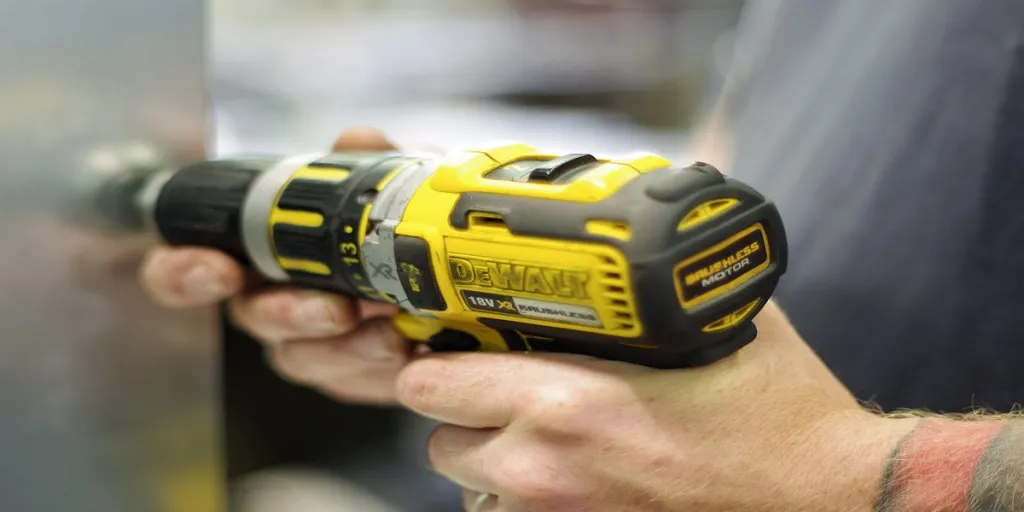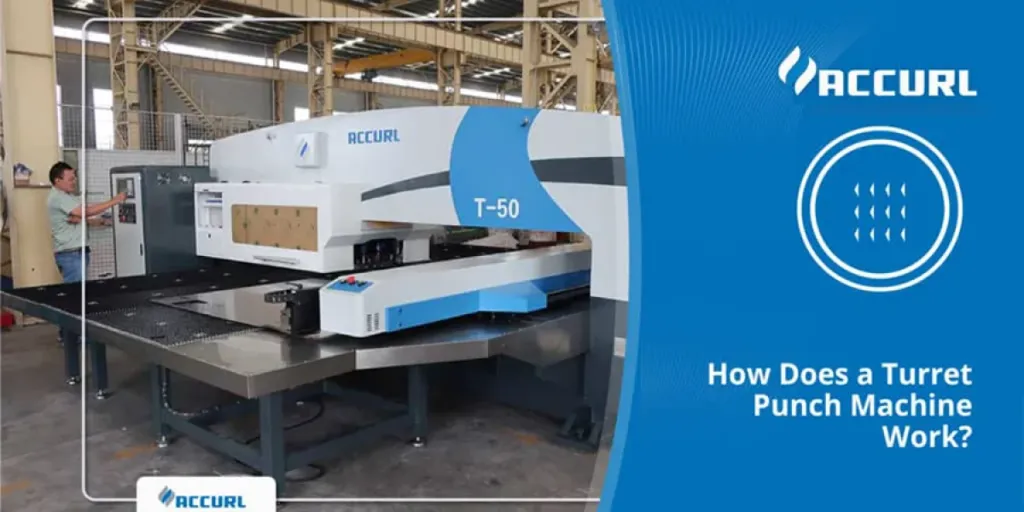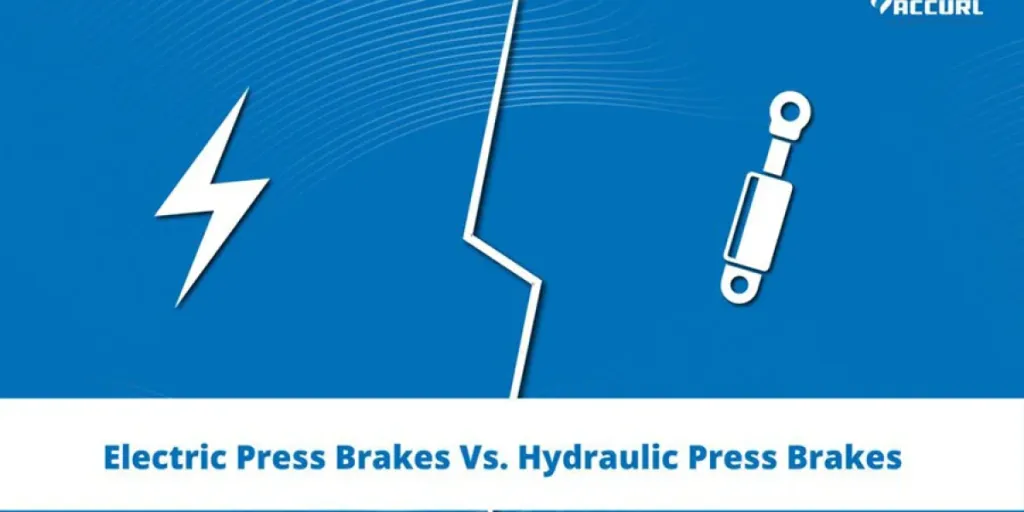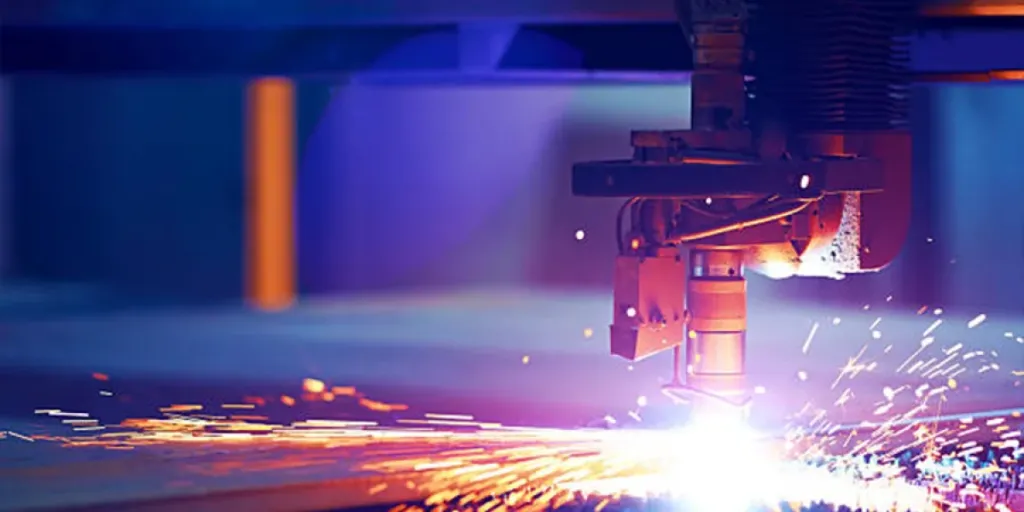Wall drill machines have become indispensable, transforming how we approach precise drilling tasks. These tools are equally valued by professionals and hobbyists, offering enhanced efficiency across a spectrum of applications that range from home remodeling projects to large-scale industrial ventures. Nevertheless, the vast array of wall drill machines available introduces the challenge of having to sift through numerous options to find the perfect match.
This guide aims to simplify the process by delving into the different types of wall-drilling machines available and guiding buyers on which ones to buy. Additionally, it will give insight into the market share of the drilling machines market.
Table of Contents
Overview of the drilling machine market
Types of wall drill machines
A guide to purchasing wall drill machines
Conclusion
Overview of the drilling machine market
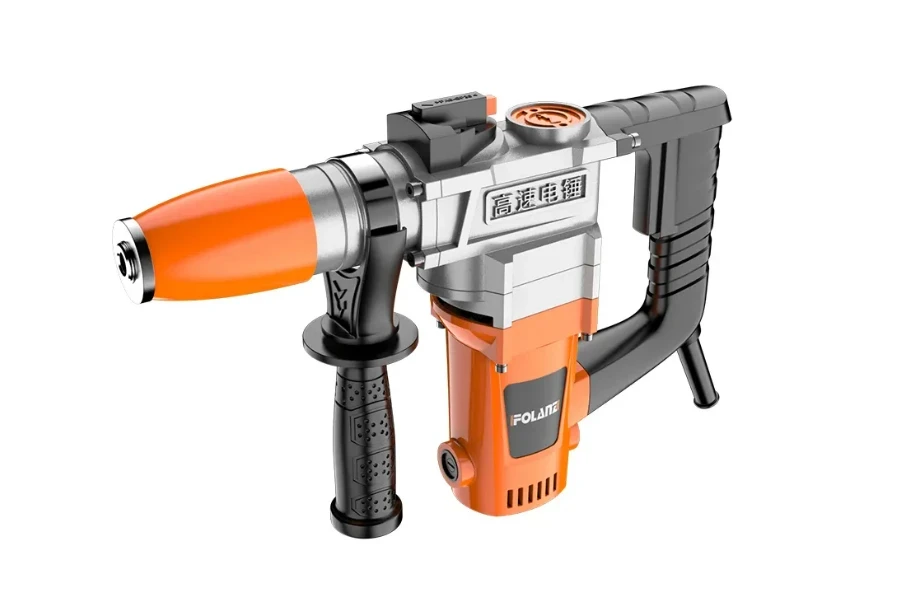
The drilling machine market is experiencing a surge driven by technological advancements and evolving industries, with infrastructure development and renewable energy projects fueling demand. A report published by Market Data Forecast showed that the global drilling machine market was valued at USD 27.8 billion in 2023, and the figure is projected to reach USD 36.55 billion by the end of 2023. This represents a CAGR of 6.4% from 2023 to 2028.
Driven by construction and manufacturing, some regions are standing out as significant demand hubs, exemplifying the global shift towards precision drilling solutions to meet diverse industrial needs. These regions include the GCC countries in the Middle East, focusing on urbanization and oil exploration, and the Asia-Pacific region led by China and India, driven by construction and manufacturing.. North American countries such as Canada and the United States are also expected to generate high demand for oil and gas mining.
Types of wall drill machines
1. Hammer drill
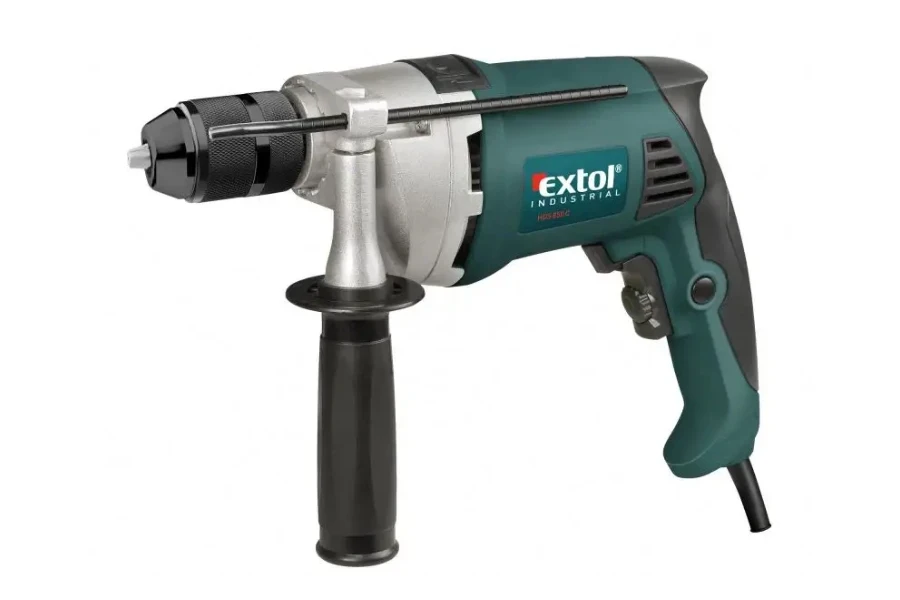
Widely embraced by DIY enthusiasts and professionals, the hammer drill melds a rotary motion with a purposeful hammering action. This winning combination renders it an optimal choice for tasks demanding penetration through rigid materials like concrete and masonry. The hammer drill excels in versatility and reliability, from home renovations to construction sites.
Hammer drills, priced from USD 50 to USD 300 or more, offer drilling speeds of 1,000 to 3,000 RPM, making them suitable for holes up to 1/2 inch in concrete and masonry.
Pros
– Versatile and reliable for various tasks
– Suitable for home renovations and construction
– Combines rotary and hammering actions
Cons
– May struggle with extremely hard materials
– Generates noise and vibrations
– Limited for heavy-duty industrial use
2. Rotary hammer drill
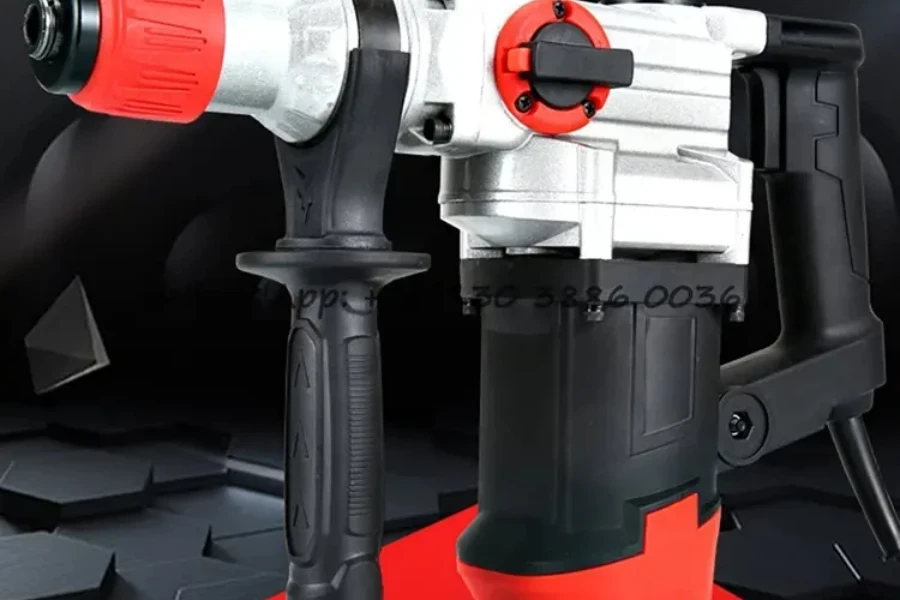
Elevating the capabilities of the conventional hammer drill, the rotary hammer drill employs a piston-driven mechanism to deliver an intensified hammering force. This characteristic proves indispensable for efficiently drilling into challenging surfaces such as stone and reinforced concrete. Its domain extends to heavy-duty applications, encompassing construction, demolition, and renovation projects.
Ranging from USD 100 to USD 500 or more, rotary hammer drills provide drilling speeds of 1,000 to 2,500 RPM, effective for holes from 1/2 inch to 1-1/2 inches in challenging surfaces.
Pros
– Efficient for challenging surfaces and heavy-duty applications
– Suited for construction, demolition, and renovation
– Combines impact force with rotary motion
Cons
– Heavier and bulkier than standard hammer drills
– Higher price point
– Not ideal for lightweight tasks
3. Impact drill
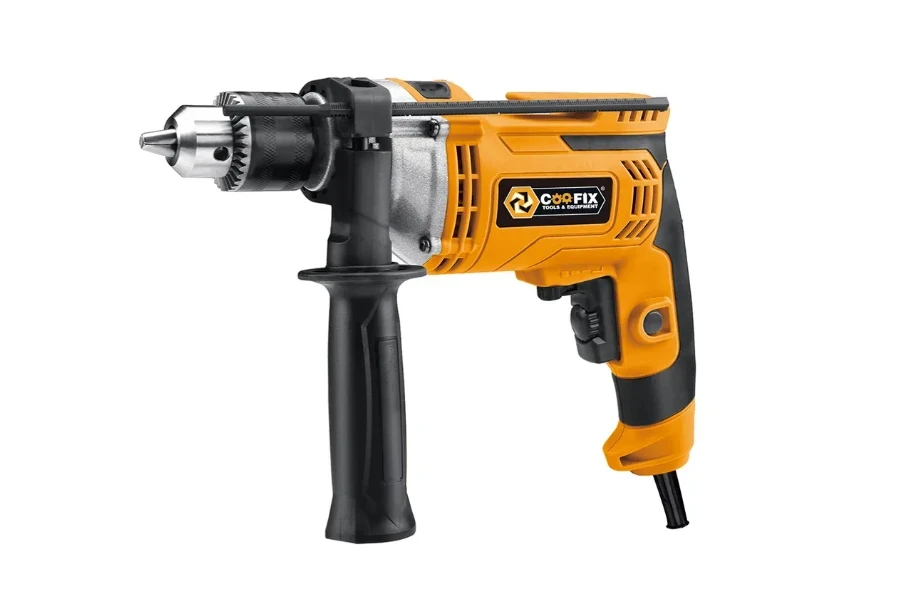
Precision takes the forefront with the impact drill. It is tailor-made for intricate tasks like drilling into tiles or plasterboard and adeptly handles lightweight masonry work by imparting rapid, controlled hammer-like impacts. Its lightweight and compact design makes it a favored companion for tasks that demand finesse, making it a mainstay in workshops and households.
Impact drills are priced between USD 30 and USD 150 or more and operate at 1,000 to 3,000 RPM speeds. They can handle holes up to 1/2 inch in various materials, including wood and metal.
Pros
– Precise and controlled hammer-like impacts
– Lightweight and compact design
– Suitable for intricate tasks and workshops
Cons
– Limited for heavy-duty drilling
– Not efficient for hard materials like concrete
– Lower impact force compared to hammer drills
4. Magnetic drill
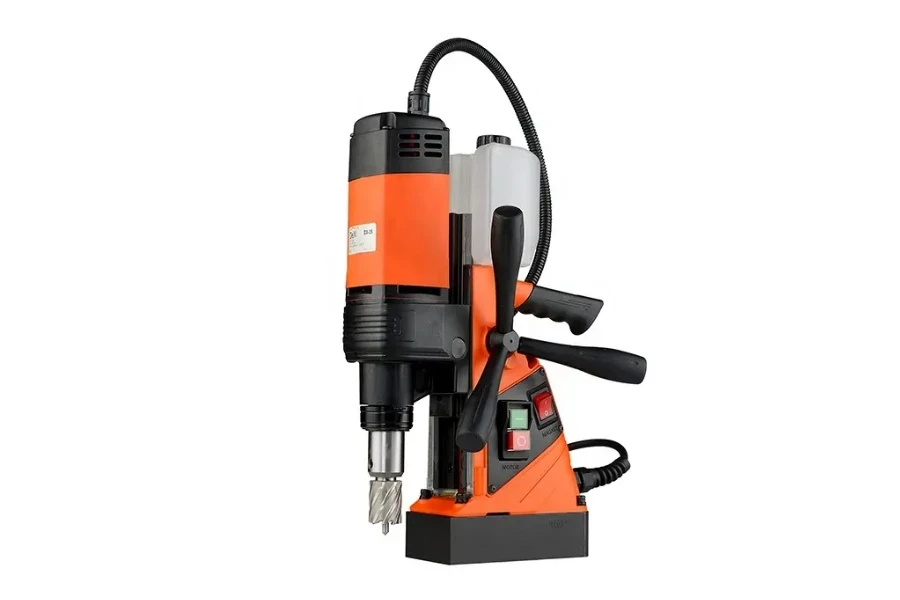
Engineered to tackle rigorous metalworking and fabrication tasks, the magnetic drill harnesses the power of an electromagnet. This magnet secures the drill vertically and horizontally on metal surfaces, eliminating the need for cumbersome clamps or extra fixtures. This innovative design ensures precise and stable drilling, finding its niche in the industrial sector for large-scale metal applications.
Magnetic drills range in price from USD 300 to USD 1,000 or more. They operate at drilling speeds of 200 to 600 RPM and are ideal for holes up to 2 inches in diameter in metal surfaces.
Pros
– Securely attaches to metal surfaces with an electromagnet
– Ideal for large-scale metal applications
– Precise and stable drilling without clamps
Cons
– Limited versatility outside of metalwork
– Heavier and bulkier than other drills
– Higher price point
5. Core drill
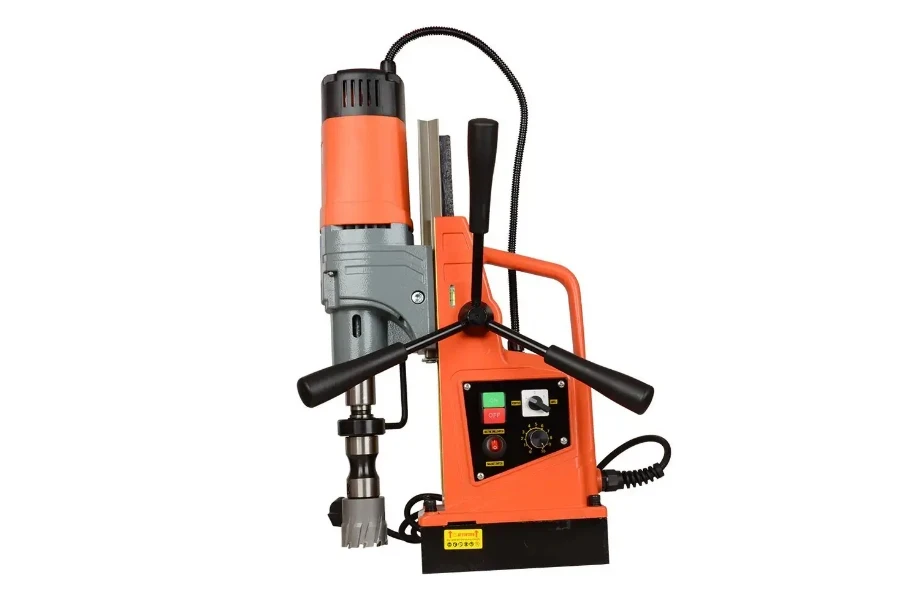
When the objective is larger holes, the core drill takes center stage. Armed with a hollow drill bit, it can extract cylindrical cores from materials with minimal debris. This type finds particular utility in plumbing and electrical installations, where sizable holes are prerequisites. Its efficiency in creating clean, accurate holes sets it apart for specialized applications.
These machines are priced from USD 200 to USD 1,000 or more. Depending on the model, they operate at drilling speeds of 300 to 1,000 RPM and are designed for creating holes ranging from 1/2 inch to 12 inches or more in diameter.
Pros
– Efficient for plumbing and electrical installations
– Creates clean and accurate holes with minimal debris
– Specialized for larger hole sizes
Cons
– Limited versatility for general drilling tasks
– Bulkier design
– May require additional accessories for certain applications
A guide to purchasing wall drill machines
1. Power
Power plays a pivotal role in the heartbeat of any drill machine’s effectiveness across various materials. Pay attention to the machine’s wattage or voltage, with higher power ratings often equating to enhanced drilling capabilities. This enhanced power range, typically 600 to 1200 watts, effortlessly handles demanding surfaces like concrete or metal.
2. Price
It is about finding that perfect balance between what you can afford and the desired features. Whether your budget is tight or more flexible, the goal is to discover a drill machine that fits your financial situation and delivers the best performance. This approach ensures that your investment is practical and fulfilling in terms of the value you receive. On average, drill machines can range from USD 50 to more than USD 1000.
3. Speed
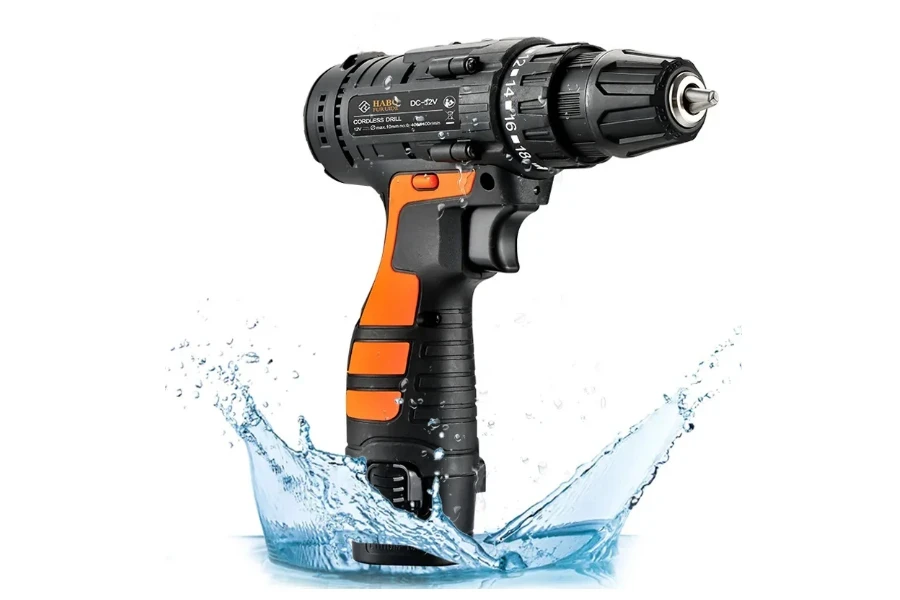
Speed has a direct impact on both the accuracy and efficiency of the work. Models that feature adjustable speed settings offer the freedom to match the drilling speed to different materials and sizes of drill bits. This adaptability comes to the forefront when working with delicate surfaces that require a lighter touch. Wall drill machines come with speed settings ranging from around 500 to 3000 revolutions per minute (RPM), giving a wide range to work with based on the project’s demands.
4. Portability
The scope of projects defines the significance of portability. Smaller, lightweight wall drill machines provide agile maneuverability, allowing users to easily navigate tight spaces and intricate patterns. Conversely, larger models often deliver more power but might come at the cost of decreased mobility. Your choice here hinges on the trade-off between the level of power needed and the ease of moving the machine around.
5. Corded or cordless
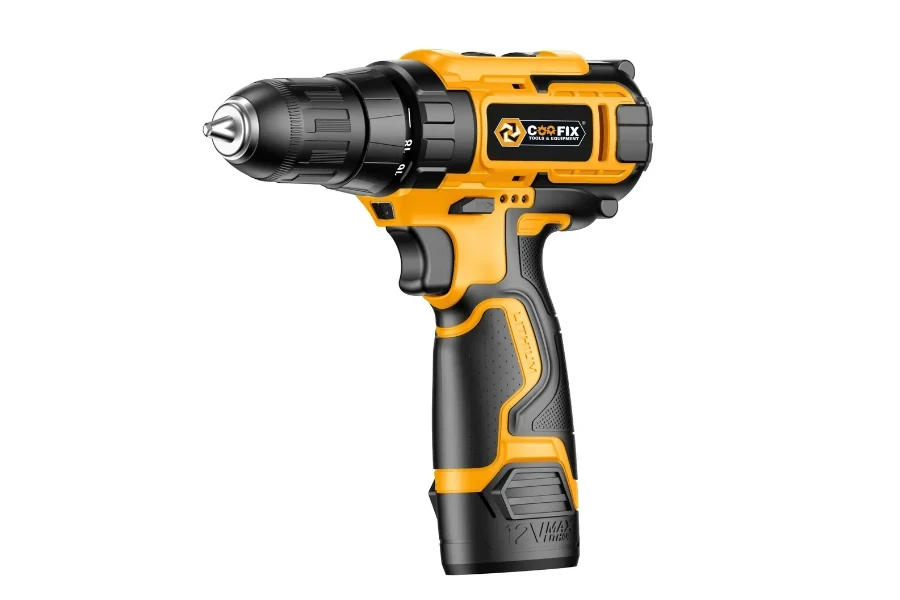
Corded drills provide a continuous and uninterrupted power flow, making them a reliable choice for more extended and sustained tasks without any worries about battery life. On the flip side, cordless options offer the advantage of mobility, allowing users to move around freely without the constraint of a power cord. However, they rely on battery capacity, meaning you will need to manage and monitor the battery life during your projects.
6. Chuck type
Wall drill machines have two main options: keyed and keyless chucks. Keyed chucks require users to manually tighten them using a key, resulting in a robust and secure grip that enhances drilling stability. Keyless chucks offer the advantage of easy bit changes, allowing users to switch out bits quickly. However, this convenience might come at a slight cost—they could sacrifice a bit of holding power compared to keyed chucks.
Conclusion
As you explore the realm of wall drill machines, the myriad of choices can be exciting and overwhelming. Yet armed with the insights shared in this guide, you’re well-equipped to navigate the nuances of selecting the ideal machines for your needs. To explore a wide array of options and discover the wall drill machines that suit you best, head over to Alibaba.com.
